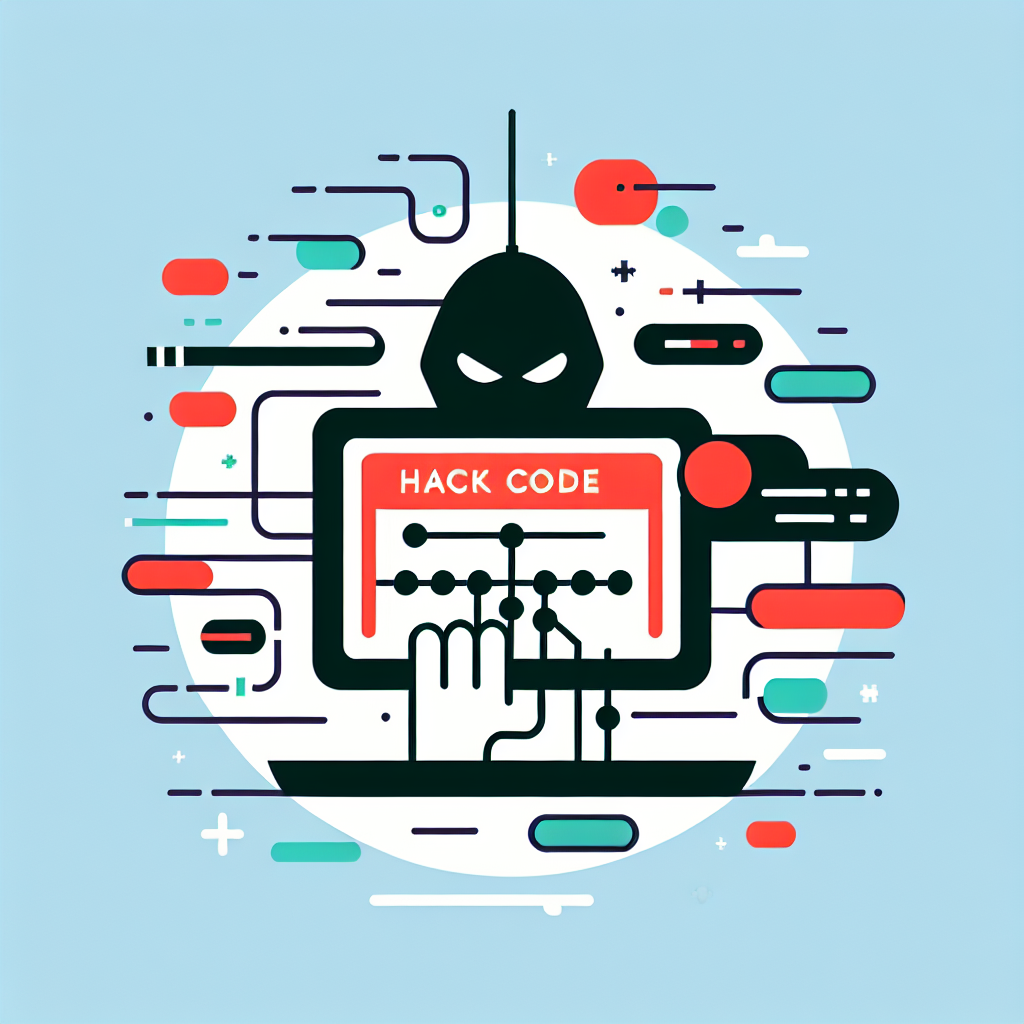Ultimate Hack Code Debugger: Boost Your Coding Efficiency
Unlock seamless code troubleshooting with our Hack Code Debugger. Enhance performance, streamline debugging, and boost productivity. Try it today!
Code to Debug
Debug Results
Output will appear here...
The Hack Code Debugger is a powerful tool designed for developers to identify and resolve coding errors swiftly, enhancing efficiency and productivity. Ideal for debugging complex software applications, it offers real-time error detection and intuitive code analysis. Perfect for both novice and experienced programmers, this debugger ensures seamless code optimization and reliable software performance.

Hack Code Debugger: Enhance Your Code Analysis Link to this section #
The Hack Code Debugger is an advanced tool designed for developers and cybersecurity professionals to streamline code debugging and vulnerability analysis. It serves as a powerful asset in identifying and resolving code issues efficiently.
Key Features: Link to this section #
Real-time Code Analysis: Instantly evaluate code snippets to detect errors and vulnerabilities. The debugger supports multiple languages, ensuring versatility in different coding environments.
Syntax Highlighting: Enhance readability with syntax highlighting that makes it easier to spot mistakes and understand code structure.
Integrated Vulnerability Scanner: Automatically scan code for potential security risks and receive suggestions for mitigation.
Breakpoints and Step Execution: Utilize breakpoints to pause code execution at critical points, allowing for detailed inspection of variables and logic flow.
Customizable Environment: Adapt the debugger to suit your workflow with customizable settings and plugins.
How to Use: Link to this section #
Load Your Code: Import your code files directly into the debugger. Supported formats include
.js,.py,.java, and more.Set Breakpoints: Click on the line numbers to set breakpoints where you want the execution to pause.
Run and Debug: Execute the code with the 'Run' button. The debugger will pause at each breakpoint, allowing you to inspect variables and step through code.
def calculate_sum(a, b): total = a + b return total # Set a breakpoint on the line below print(calculate_sum(5, 7))Analyze Output: Use the output console to view results and error messages. Leverage the insights to refine your code.
For further learning, explore Mozilla Developer Network or W3Schools for extensive programming resources.
Benefits: Link to this section #
Increase Efficiency: Solve issues faster and improve code quality, leading to more robust applications.
Heightened Security: Proactively address vulnerabilities, reducing the risk of exploits.
Enhanced Learning: Understand code behavior and logic through interactive debugging sessions.
Utilize the Hack Code Debugger to elevate your coding projects and ensure secure, error-free software development.
Frequently Asked Questions
What is a hack code debugger?
A hack code debugger is a tool used by developers to examine and manipulate the execution of programs, allowing them to identify and fix errors or vulnerabilities in software code. It is particularly useful in understanding how a program behaves and in optimizing its performance.
How does a hack code debugger work?
A hack code debugger works by allowing developers to set breakpoints, step through code line by line, inspect variables, and monitor the execution flow of a program. This helps in identifying where the code deviates from expected behavior, making it easier to pinpoint the source of problems.
Is using a hack code debugger legal?
Using a hack code debugger is legal when employed for legitimate purposes such as software development, debugging, or security testing within the bounds of the law and ethical guidelines. However, using it to exploit software vulnerabilities or unauthorized access to systems is illegal and unethical.